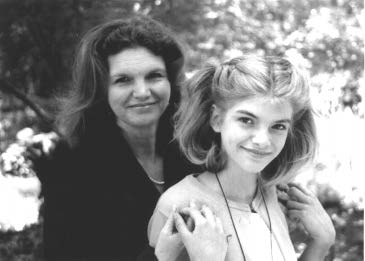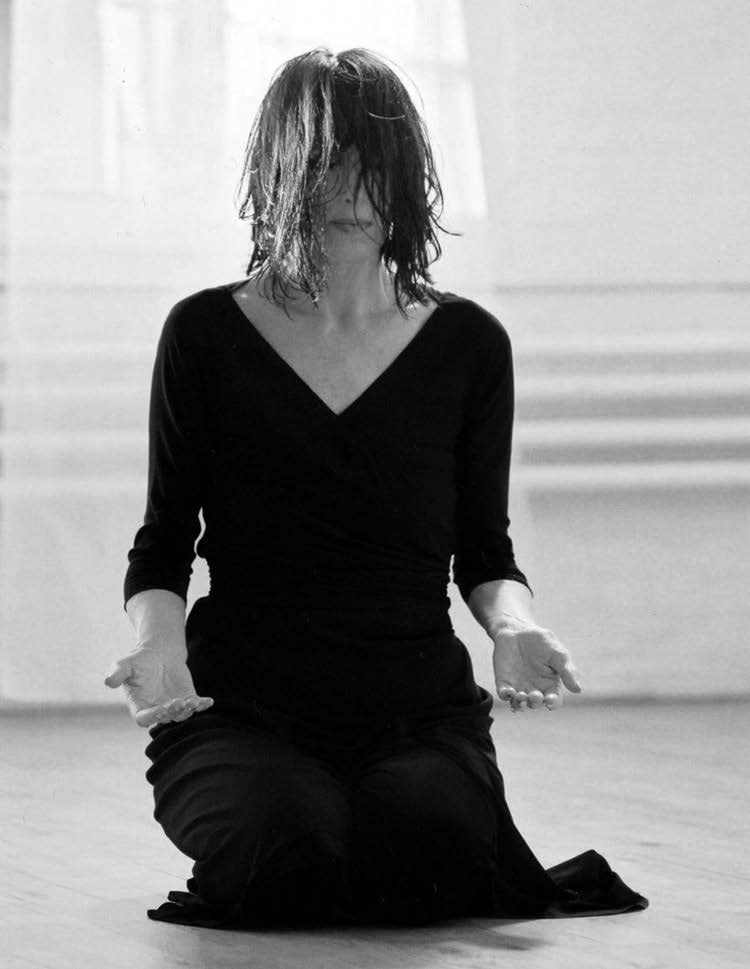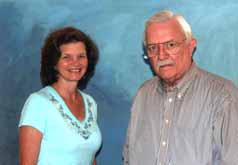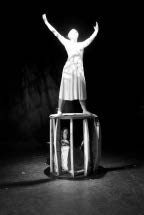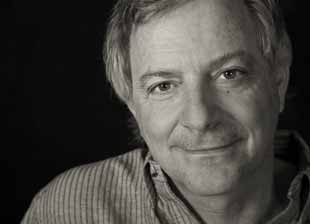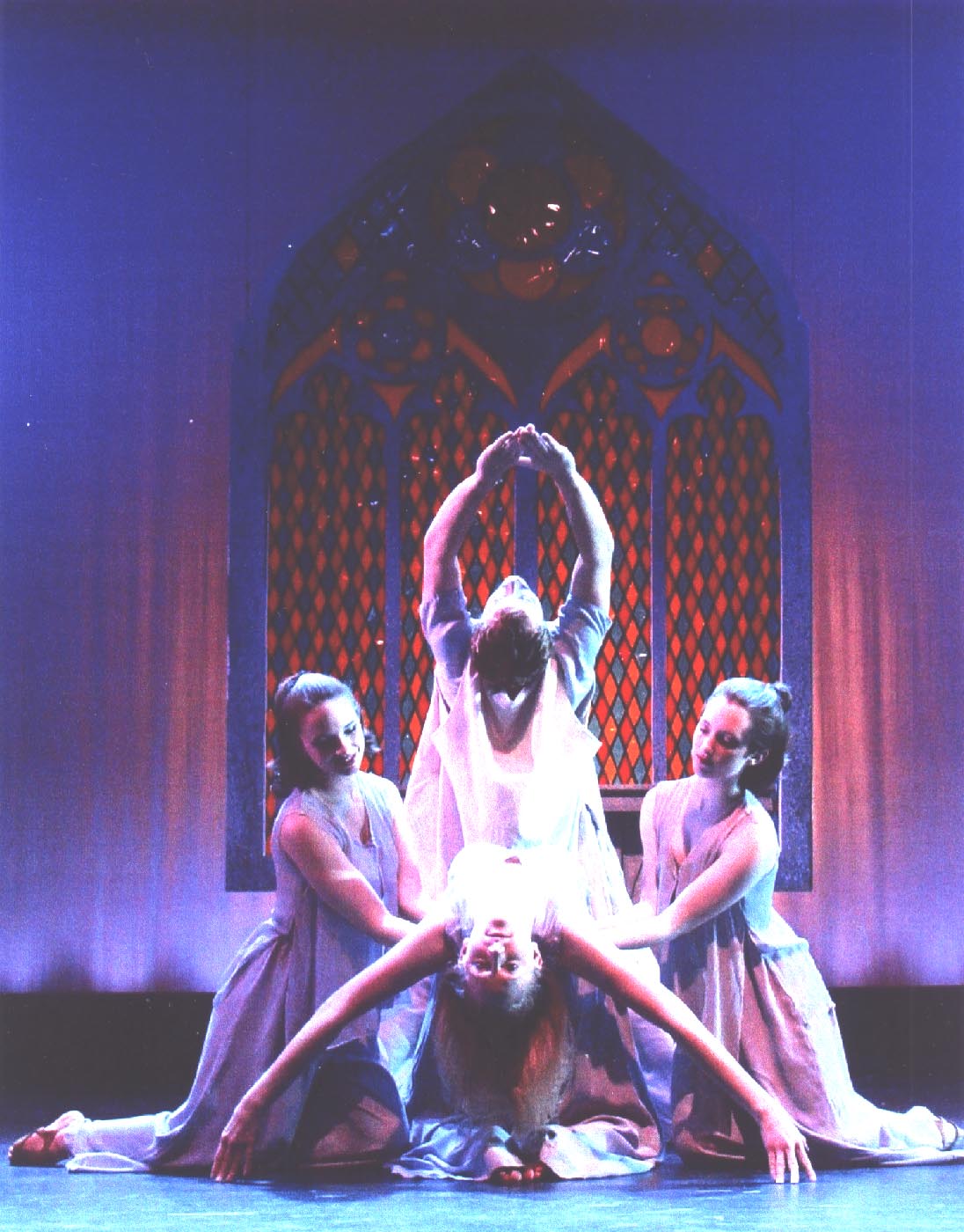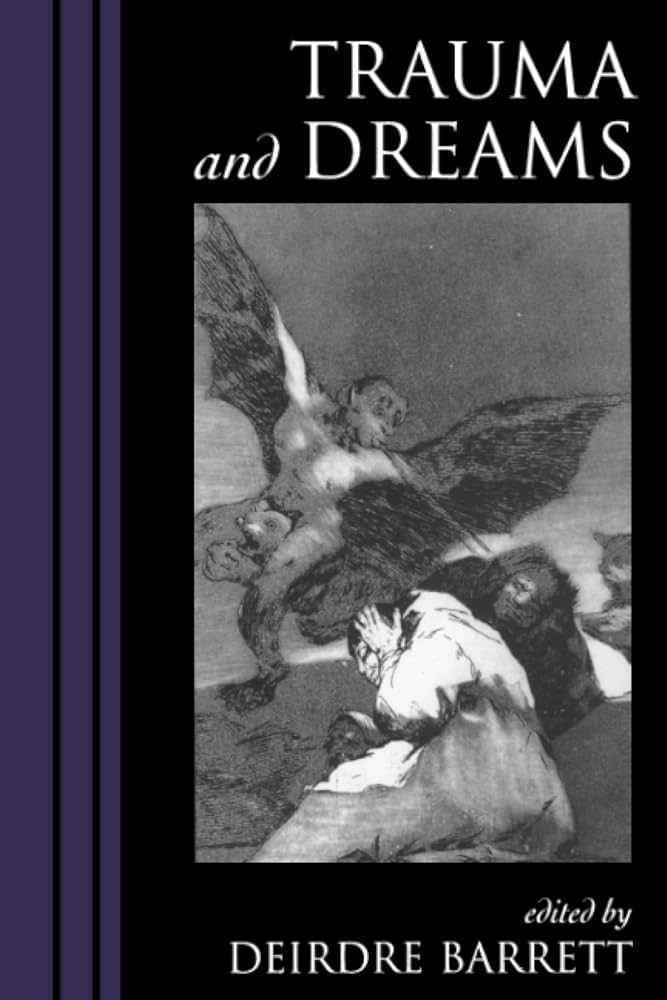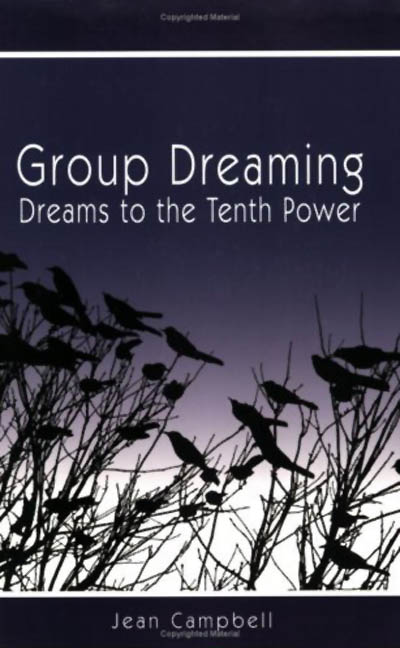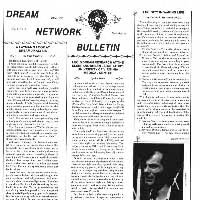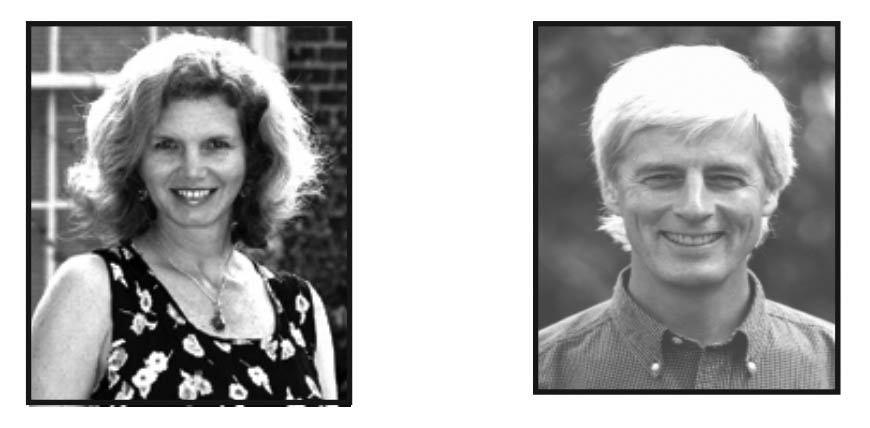
Jeanne Schul Elkins interviews Barry Williams at the Journey into Wholeness conference. (Part I of this interview appeared in Volume 24 No. 1)
Jeanne: Can you give us some insight into the spiritual practice in which you participate and maybe an idea of how you deal with your own dreams?
Barry: I’ve kept a dream journal since 1970 and I don’t think I got into analysis until much later than that. Just the mere writing down of dreams is its own discipline, because then that world is being noticed, held, recorded, reflected on. There’s a great phrase: “The face you turn towards the unconscious is the face that it turns towards you.” So, if you’re turning towards it with respect, curiosity, in an invocational way, it will respond. It’s like any relationship; if you don’t call the person up, you won’t get to know them. They won’t pick up the phone. Or if you call and don’t say anything, they’ll just hang up. So it’s in the writing it down. I write down my dreams, of course, when I have them. I keep journals, a bookshelf full of them, and will really reflect on them. In my own life, I’ve had an interesting situation in my family some years ago that the medical world didn’t seem to be able to address. I really felt I had to put my money where my mouth was; dreams really help us through this. In fact, the dreams were more than helpful in finding the meaning and the purpose of the great dream of the birth of this child. In fact, it gave me my life. Had that not happened and had I not followed the dream—the inner understanding of this—I would have missed its meaning, as if the whole experience was the great dream. Even before the child was born, we had any number of very, very powerful dreams, which we were only able to decipher many years later, but that fell into a very visible pattern once we got it. So if I had not been true to myself and to my discipline, so to speak, I would have missed what was trying to, like a great dream, come into being.
Jeanne: Could you talk about the issue of voices in our dreams? What’s going on when we hear a very distinct voice in our dreams as we awaken?
Barry: Well, the dream thinks in images. We can’t think about a dream easily because the dream thinks in a different paradigm. So if a dream is thinking in images, then as something comes closer to consciousness, it might be personified, that something that is unimaginable takes on an imaginal quality as, say, snake, deer, horse, dog, monkey, human, in a kind of progression; and as it moves closer to consciousness, it becomes more and more personified. So a voice would be a message that—in order to be received—has to be put into, not a personified image, but a voiced image, as it were. So the meaning takes on a voice, and literally becomes the message. Not all dreams are images, of course. You can have dreams of kinesthetic senses. Sometimes people have tastes. In one of the most beautiful dreams I ever heard, the dreamer woke up with a taste of honey. Imagine. All of nature goes into this dream. Where does honey come from? It’s the transformed pollen. What is pollen? Pollen is the great, secret, growing world. It’s like the distilled essence of all of life was on the tongue of the dreamer. And, so, that’s hardly an image. It was a literal taste. Sometimes it’s a sound, sometimes a smell, sometimes a touch, sometimes, a voice.
Jeanne: Considering typology, an idea that really strikes me is the concept that we connect with the Divine or the Self through our interior function. In some dreams, I wake up and feel sensations sometimes as terrifyingly real. I often wonder why I don’t hear other people talking about feeling or smelling or experiencing the dream’s embrace as though it actually just happened.
Barry: Well, what’s unconscious is unconscious. So, that’s an example of the dream coming through your least differentiated awareness. Even though you’re a dancer and you use your body and have quite a kinesthetic feel for life, apparently. Nevertheless, the dream comes through your inferior function, in the example you just gave. And so it would give you that sense of distance and incomprehension. But an immediacy, like: “Woo, this is what I really don’t know” and probably has a purposefulness in that. It gets your attention. You would never say, “Oh, I get that. It’s my usual mode.” You say, “Oh my God, this is so distant from me. How do I possibly understand it?” And that’s how you have to go work on it. It’s the portal to the unconscious world.
Jeanne: I understand it intellectually, but it is my experience that intuition is not supported by the world in which we live and is often discounted; as in, “It’s just a dream.” I’m confused about how we can go about living into the dream.
Barry: One of the great problems for people is (and almost everyone asks this): “What do I do with this dream?” My advice is always, “We’re doing it.” It’s by talking about it. It’s by deepening into it. It’s by feeling it, letting it work us. That’s the process. We always think we want or we should bring the dream out into our lives and change our behavior and make ourselves a better person because of it. I don’t know if that’s wrong, or even misguided, but I’m never sure that that’s very helpful. Because there’s an inner process that’s going on and it’s our job to relate to that—to relate our lives to the inner process—not to bring the inner process out to make ourselves better people necessarily. Of course, so saying, you can always think of examples of dreams that give you a heads up. “You’re living in the wrong way.” Or “Pay attention to this or that.” Or “You don’t realize how much you love your child.” You can have a kind of Scrooge on Christmas morning experience through that and you sort of get it all in one night. In general, it’s the deep process that you’re trying to relate to. Again, not that we should bring that out into our waking world to have it, but to allow ourselves to be had by it, so that we’re aligning and attuning to it in some way.
Jeanne: The way that I came to dreamwork was literally waking up with horrific nightmares that were screaming for my attention. When I was completely electrified in the middle of the night, my response was to dive out of bed, retreat to my study, curl up with my journal, and write it down. My thirty years of journaling truly served me well. I needed to do something with all of those images. I couldn’t just make them go away. They were very visceral. I was feeling the dream in every part of my body. I think it’s that kind of urgency that, for some of us, makes dreaming suddenly significant.
Barry: The word “suddenly” is very important. In fairy tales, often there will be a situation in which everything is just fine. There is the mother and the two wonderful daughters. Everybody loves everybody and the world loves them. “Suddenly” there is a knock at the door. There is the inbreaking of the conscious situation that needs to unfold itself in the life that these people need to pay attention to. Even the use of the word is like that knock on the door. “Suddenly” you need to pay attention to this in a big way. The dreams have this tremendous energy, tremendous valiancy to them, and you cannot do anything except open that door. What good does it do you to hide? Right?
Jeanne: Yes. It’s not possible.
Barry: But it’s unthinkable to open the door. It’s way too much. And so there you are. You’re caught in this kind of existential moment of: “Damned if you do. Damned if you don’t.” But, in fact, you’re probably damned if you don’t and blessed if you do. In the fairy tales, almost always, when that in-breaking happens, it’s: “Suddenly” something happens. It’s the use of that word. It’s not “and then something happens.” This can be in the nature of a calling, too. Naturally, we get the word vocation from vocare, meaning to call. Many dreams that happen in the way you are describing are a kind of calling. It’s calling you to your life, really. Not away from your life, but calling you to your life, to your deep life: to be who you most inwardly are. That can be wrenching, if you’re not being very close to who you inwardly are. However, that’s the initiatory function. Classic vocational dreams can be quite dramatic: getting knocked off your horse on the way to Damascus and everything in between. It’s when the Self or God is calling to you. You can hear it as a voice. You can experience it as a traumatic dream. Ideally, our vocation in life is our calling from the Self. Again, it’s the image of alignment with that path wherever it should take you: down to purgatory or hell ala Dante. Still, that’s the path to life led through hell: to go deeply into what it is that is happening to you, as a result of who you are and what you’ve experienced and the psychological patterns that are dreaming you or having you, that want you — in a way — in a manner of speaking.
Jeanne: I‘ve certainly had dreams in which images or ideas or words showed up that I didn’t have a handle on, that seemed to hold a much bigger presence. Once, I dreamed of being at the Oracle of Delphi. I bowed to the Oracle and asked: “What is my path?” And the voice echoed back: “She who dances us into being.”
Barry: And what’s your experience of that?
Jeanne: It scares the hell out of me.
Barry: So there’s some awe?
Jeanne: A great deal of awe. It’s shocking, actually.
Barry: What is shocking about it?
Jeanne: I think it’s the closeness to divine presence or energy.
Barry: The Great Life. The great reality of that world encounters you. One of the great religious experiences is of being addressed by “Otherness.” Not that we go out and seek it and knock at its door and pull at its hem, but that it turns towards us and addresses us. How do you contain that in the seemingly small life of one’s own ego identity? But that’s the task. So there’s that awe and even terror, but the dawning realization, hopefully over time if you can contain this, of the great life; that your life somehow is attended by and connected to these energies. It’s a short step into some theological considerations here. The theology of God or the gods reaching out to the mortal world and that God or the gods are completed by the human experience or reflect or are the reflective part of the godhead; and, so, to experience the reality of that—the reality of the psyche in which this is happening from an inward place—is the meaning of life. We can’t live life without making that connection. Another way to talk about that, of course, is alchemically. It’s another paradigm to use. There are many paradigms. Some of the great experiences are of that world reaching out to us, whether it’s the divine realm or the Anima or Animus figure reaching out to the dreamer. It wants connection with you. Another way to put that is: Imagine that there is a process going on in us that wants to hammer us into gold or wants to transform us into gold, so that it can turn itself into hammered gold. That’s the image I was having. It wants to take us from the untransformed and undifferentiated to the most highly transformed and differentiated. It’s constantly attempting to enact itself in us if we will but listen. Sometimes, like with you, it breaks right through, powerfully, terrifyingly, and demands our attention. Its purpose, ultimately, is to make gold. We can’t do that all at once. It’s a lifetime process, really only complete with our last breath. But if we do not do it, we are not living our lives. It’s how we began initially: “If you don’t pay attention, it will kill you;” meaning if you don’t pay attention to the process that wants you to participate with it, you will not live your authentic life. You can only know what your authentic life is, not from achieving the highest success in your field, but by truly living out your vocation, that which is calling you. Hopefully, there is a wonderful parallel of success in real life, however you measure that, with a deep sense of fulfillment. One is always respectful of Jung’s last dream where the gold was in amongst the roots of the great tree.



